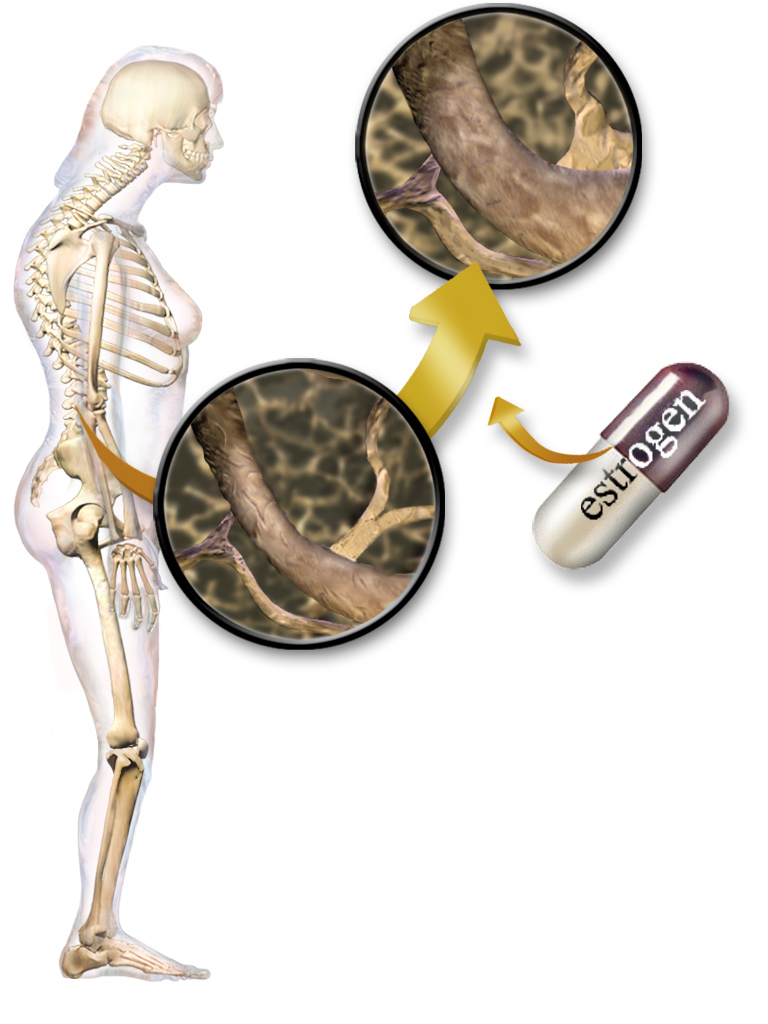Study Reveals Increased Bone Fracture Risk After Stopping Hormone Therapy

A recent study published in the *Lancet Healthy Longevity* has found that women who discontinue menopausal hormone therapy (MHT), also known as hormone replacement therapy (HRT), experience a significant increase in the risk of bone fractures shortly after stopping treatment. This research, conducted by experts at the University of Nottingham, analyzed data from approximately 6 million women across nearly 2,000 general practitioner surgeries in the United Kingdom.
The study indicates that while MHT provides essential protection against bone fractures during its use, this benefit diminishes rapidly after treatment cessation. Specifically, Dr. Yana Vinogradova, a researcher at the Center for Academic Primary Care, noted, "The findings of our study confirmed that women on MHT show a progressively reducing fracture risk compared with women not using MHT. More importantly, we also observed a clear pattern of risk change after therapy was discontinued."
The research demonstrated that the bone protective effects of MHT completely dissipate within about one year of stopping treatment. Subsequently, fracture risk increases compared to women who have never used MHT, peaking approximately three years after discontinuation. After about ten years, the fracture risk returns to levels similar to never users, and may even fall below those levels.
These findings carry significant implications for women considering or currently undergoing MHT as a remedy for menopausal symptoms, particularly for those at risk of osteoporosis. Previous studies have established that estrogen plays a pivotal role in maintaining bone density, and its decline during menopause leads to increased susceptibility to fractures.
The research highlights the need for healthcare providers to monitor the bone health of patients upon discontinuation of MHT, especially for individuals with additional risk factors such as smoking or sedentary lifestyles. Dr. Vinogradova emphasized that anticipating periods of increased risk could lead to proactive measures in managing bone health.
The study's methodology involved a nested case-control design where researchers matched women with a history of fractures to those without, controlling for age and other variables. This comprehensive approach allowed for a robust analysis of fracture risk over an extended period, thus providing clearer insights than previous studies, which often focused on shorter time frames and yielded conflicting results.
While the protective effects of MHT are evident, the therapy is not without risks, including elevated chances of breast cancer and blood clots. As such, medical professionals must weigh these risks against the benefits of fracture prevention when recommending MHT for menopausal women.
This study underscores the importance of understanding not only the immediate benefits of MHT but also the long-term implications of its discontinuation. Moving forward, the findings may prompt further clinical and biological research into menopause management and fracture prevention strategies, potentially leading to improved patient care and outcomes in the future.
In conclusion, while menopausal hormone therapy is effective in reducing fracture risk during its use, women must be informed about the heightened risks associated with stopping treatment. Continuous research and awareness can facilitate better healthcare decisions for women navigating menopause and its associated challenges.
Advertisement
Tags
Advertisement





